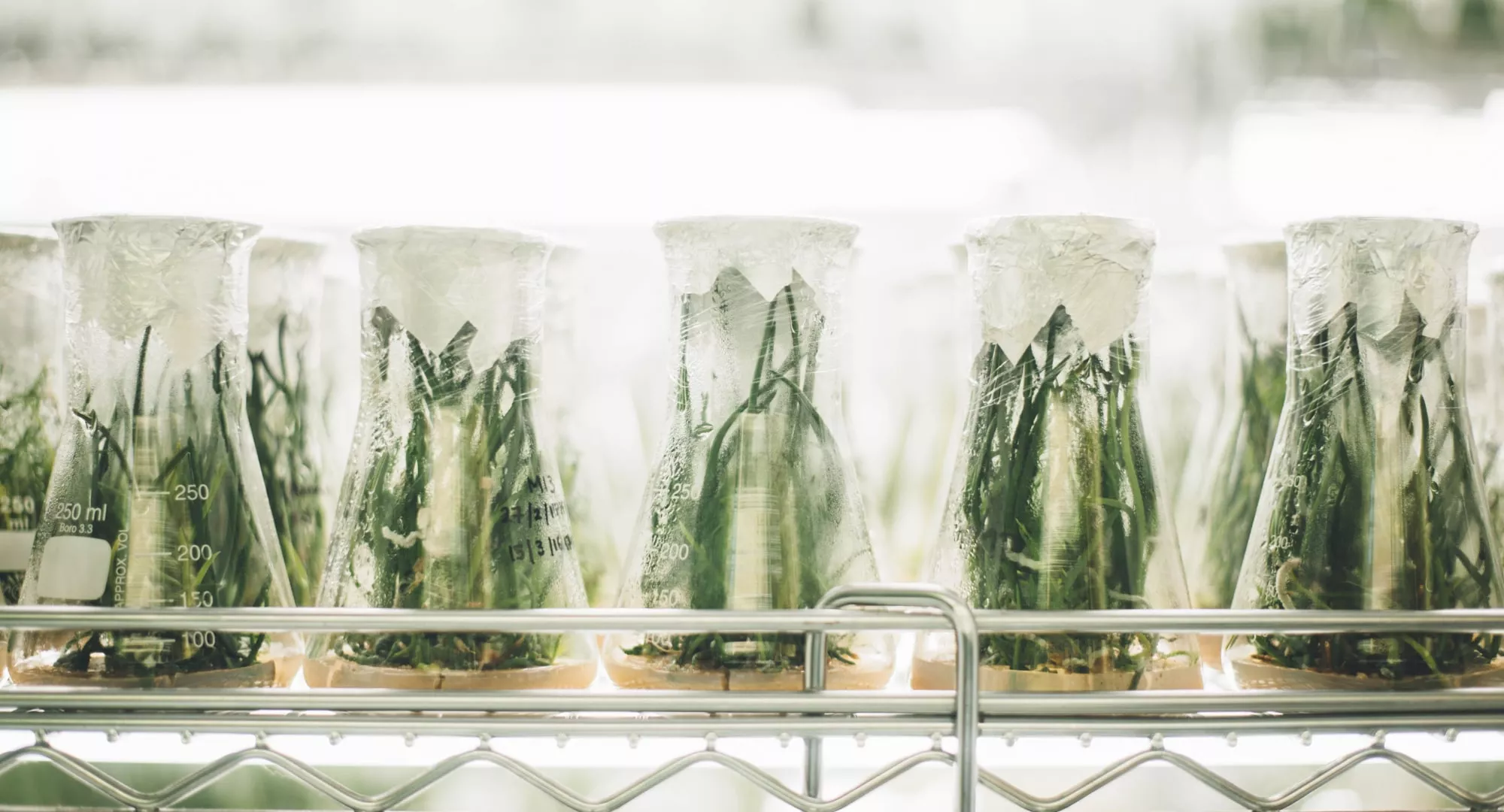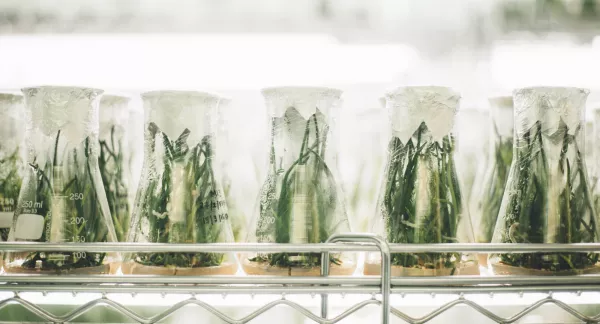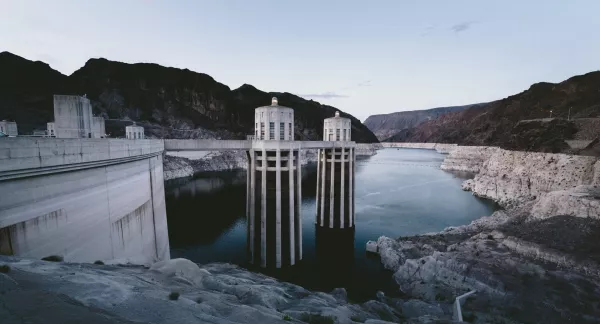
Altering Environmental Conditions to Enhance Non-Mechanical Dewatering of Residuals
Research Impact
Non-mechanical dewatering is one of the simplest methods for treating water treatment plant residuals. While previous research has described methods of designing non-mechanical dewatering systems, the effects of various environmental parameters (solar radiation, temperature, humidity, wind flow, etc.) on non-mechanical dewatering are not well understood. This research investigated the factors that are important to the evaporative phase of the non-mechanical dewatering process, with the focus of enhancing this process to maximize the amount of residuals that can be processed in a given unit area. The use of greenhouse structures, forced ventilation, dehumidification, and equipment to turn-over drying bed residuals was evaluated to determine their effectiveness in optimizing non-mechanical dewatering. This research should ultimately guide the development of conceptual design for an enhanced residuals drying bed. Tailored collaboration partners: City of Cleveland Division of Water, City of Raleigh Public Utilites, and Aqua America, Inc. Published in 2013.

